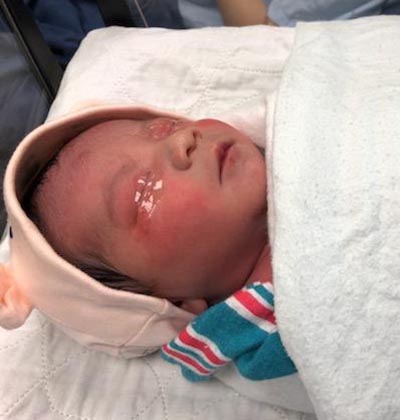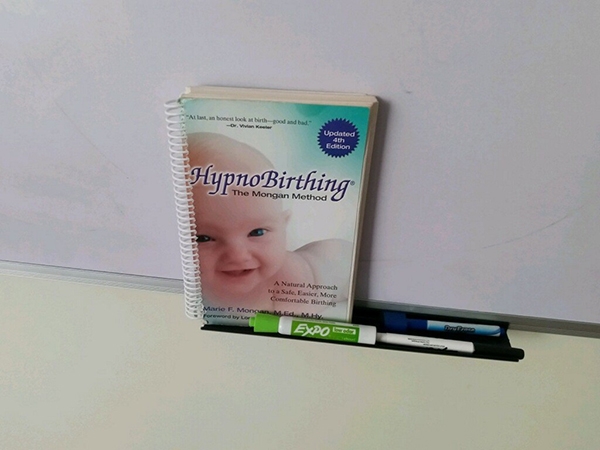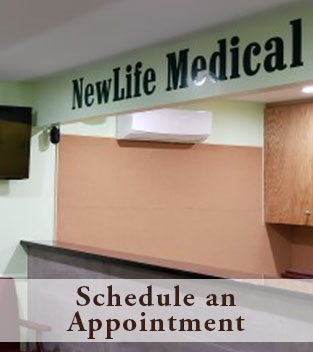Can we talk for a minute!
I heard through the grapevine that parents are scared to death of hospitals. They are scary and dangerous. Did you know there is no guarantee that you will be able to deliver at home or in a birthing center just because you are planning your labor there – you may have to be transferred to a hospital. Now you are scared to death.
Providers are talking to you, you may be listening but not hearing. Your anxiety level is too high and you are too scared. Once you become pregnant you are responsible for this child’s whole life. This child is counting on you to take care of it, make responsible decisions.
In my class we discuss what hospital procedures consist of and why. I will give you vital information below, can you pick out the incorrect statement
- You are told you need an IV- fluid replacement is important You will lose fluid from sweating, breathing, and your body’s temperature trying to regulate itself, blood loss from delivery and breastfeeding. Loss of fluid after delivery, potentially in a few hours, you may feel weak, light headed, dizzy, your blood pressure may drop, pulse will go up, may have a fever- sips of fruit juice and coconut water are not sufficient. You need an IV or 8 full glasses of water every hour.
- Vaginal exam needed Leopold maneuver is not a definitive way to determine baby position. A contraction causes a temporary decrease in the baby’s and your blood supply and consequently oxygen level. Now you are contracting, taxing the uterus and unable to deliver vaginally. What condition will this baby be in upon delivery? Vaginal exam is more than just putting 2 fingers inside of you – the examiner also feels the baby’s suture lines in the head to determine the head is in the proper position, feel if water bag is in place (can have a little fluid and not know your water broke) , where is the baby head, if the head is high and not in the pelvis, if your bag of water has broken the cord can fall through the vagina (true emergency c/section or immediate fetal death can result due to cord compression). Generally pelvic examinations may be every 4 hours in the early part of labor, but will increase in frequency when close to delivery.
- It’s great to have companion able to assist with your labor. You will need that comfort and guidance, each person is different and each person’s body is different and each delivery is different. Past experience does not predict your present delivery circumstance. Your assistants do not have access to your records and may not have vital information needed to make a medical decision. Every team member has a specific role and different levels of education and experience in the field of obstetrics.
- you must be in the monitored while in labor – sometimes there is flexibility in this, but if there is high risk situation – continuous monitoring may be required due to hospital policy or Department of Health policy. If you are in early labor – without oxytocin – you may be eligible for intermittent monitoring with ambulation (walking) – it never hurts to ask.
Take my class – “The need to know is so important “
Know what questions to ask and what you options are!
Your Nurse is a Nurse as well as an educator , medical assistance will help with your comfort – Its all about team work!!










